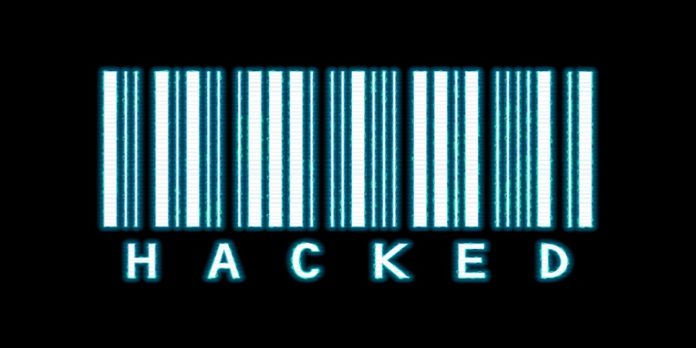
Most times, emails are the preferred choice for hacker(s), breaching your account or compromising the data in it. The New York Times breach, where hackers targeted emails of journalists for vital information, as well as the iCloud leak, bringing personal images of celebrities to you – was initially done via phishing emails. However, there are simple and effective ways to keep your emails and information private.
Complex Passwords are Good Passwords
It is important to understand that stronger passwords are the key to keeping your emails, social media accounts and bank accounts safe. Most times, users tend to keep simple passwords – words that can be found in a dictionary.
However, try a different approach. Create your own sentence and use the first letter of each word to create a word not found in a dictionary. Also use more than 13 characters in a password, as it is considered a good practice by the security specialist.
Always Encrypt Your Attachments
Many of our emails contain very sensitive information, such as our social security numbers, bank account details, medical records and similar data, which can be sold or abused if our email is hacked. So, whenever you decide to send information to a company – or a person who is very important to you, make sure you encrypt those documents and inform the recipient about the software or the password to decrypt them.
If there are a lot of documents, then zip them all together and protect them via a password. From there, then encrypt them for further protection. If your email is hacked, they’ll still remain safe.
The Game of Spam
The biggest problem is spam filling your inbox. Other than being simply annoying, they are also a major security concern. Most spam mail comes with viruses and many varieties of malware. Because of this, we highly recommend not opening spam email. If for some reason you want to, then do not click on the links or download any of its attachments for any reason.
The Malware Might Be the Reason
Sometimes when you open your email, and you find numerous emails from unknown senders, along with many annoying advert pop-ups on your screen – even though you didn’t click anything, this can be a serious sign that your machine is hosting a malware or a virus.
In order to get rid of those, you need to download a real time monitoring anti-virus and many on demand scanners.
You can further read this article, which will help you get rid of a standard malware.
Do You Trust that Sender
Most of the time, hackers use phishing tactics to obtain information from your email. Usually it will come in the form of a sent email with a strong subject line, saying your account was hacked, or your password was stolen. In that email, there will be a link that will take you to a page looking exactly like your Gmail page (if they want your Gmail password), or the Facebook login page. Without careful scrutiny, these pages will look like the real deal, and once you enter your details, they will be stored on the hacker’s server. Because of such things, you should be aware of your emails and always check the URL of the page you’re on; if it looks fishy, simply leave it.
Always be Prepared
Since 2014, hacking has increased. From celebrity leaks to the Shadow Brokers selling the NSA tools, no one is safe. However, it is better to be equipped and remain alert, than becoming the next victim.
Many companies provide email scanners that you can use to scan your email. Do not click on links that you are not familiar with. Never fall for emails or messages that have sensitive subject lines, i.e. Check My Naked Pictures, etc. Never attach sensitive information unprotected – always encrypt it. Always scan your systems and never click links that you are not familiar with, which can lead you to pages where a malware can enter your system, or the hacker can phish your information.
Source: McAfee Advice Center
You want to support Anonymous Independent & Investigative News? Please, follow us on Twitter: Follow @AnonymousNewsHQ
This article (6 Email Security Tips to Protect You from Getting Hacked) is a free and open source. You have permission to republish this article under a Creative Commons license with attribution to the author and AnonHQ.com.




